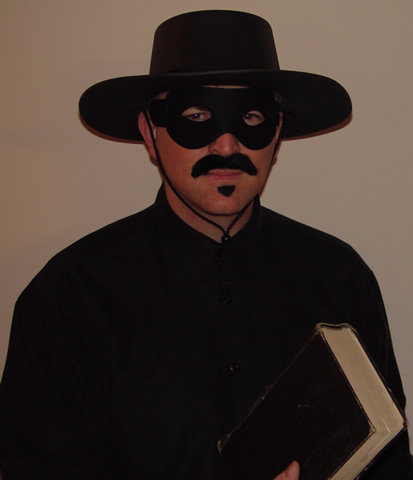
Some time ago, I blogged about “truth versus pietism.” The dividing of life into the secular and the sacred results in all kinds of problems and seriously undermines our Christian walk. Understandably, therefore, I was excited to read the following passage from Robert Webber’s book, Ancient-Future Worship:
“The [early church] fathers did not see life as a split between the sacred and the secular. For them everything is sacred. In the Greek mind-set, which I reject, prayer and a relationship to God constitute the sacred part of life separate from work, fun, marriage, or relationships, which constitute the secular part of life. This approach sets aside moments to ‘get alone with God.’ However, the ancient, biblical mind-set sees the whole day and indeed all of life-work, fun, marriage, and relationships-as the realm of the sacred. God is everywhere, at all places, in all times. There is no escaping the presence of God, for God’s Spirit is the one who gives life to all of life.”
The context of this passage is Webber explaining how to read, understand, and preach the Bible. Webber says, “God is not an absent, ethereal essence who sits in the sky and demands worship. God is the God who acts, who lives and moves and has his being in the world and among the people. Affirm that all of life, not just part of life, is sacred. Affirm that God is disclosed in every detail of human existence. Then, stand inside the Bible and God’s story and let it teach you to look out into the creation where God is signified everywhere yet particularized in Jesus, the ultimate icon of God.”
It’s amazing how pietism has even affected our approach to the Scriptures. Since thinking about these things, we’ve been trying to read the Bible differently and consciously order our worship and life around the narrative of God. A large part of this has been to incorporate liturgy into our services and orient our schedule around the Christian calendar. Rather than just reading the Bible devotionally, we now follow the lectionary, which helps us enter into the divine narrative. It also has led us to celebrate the Lord’s Supper weekly.